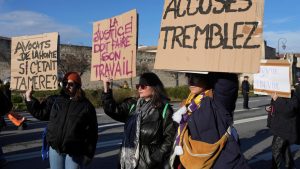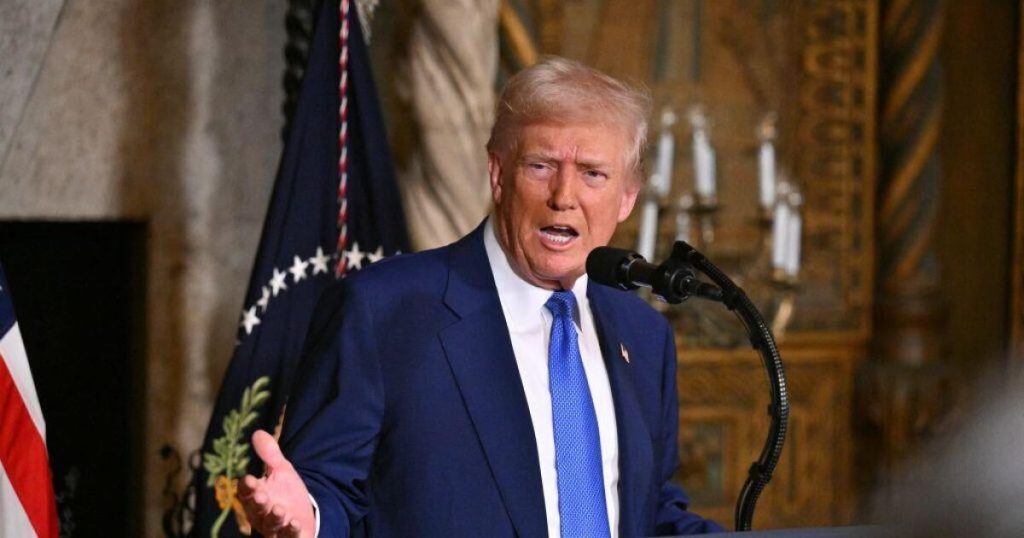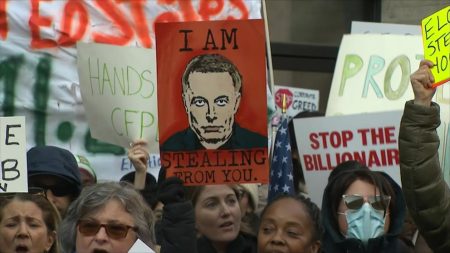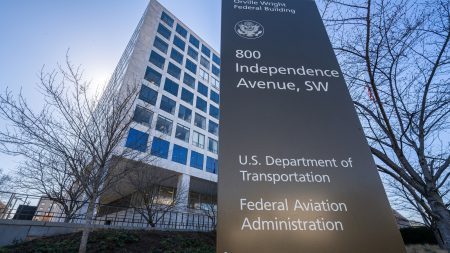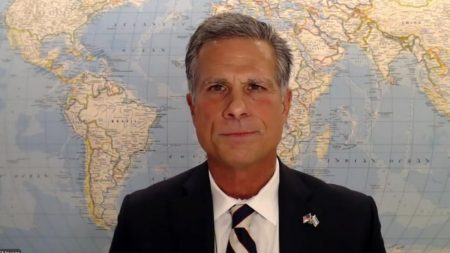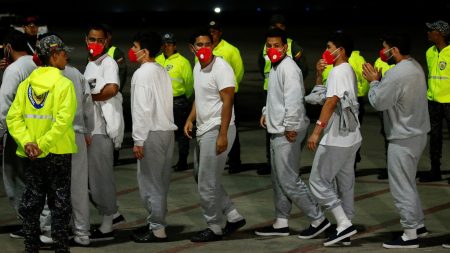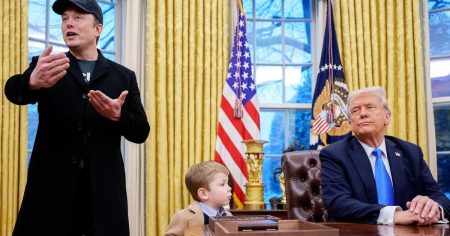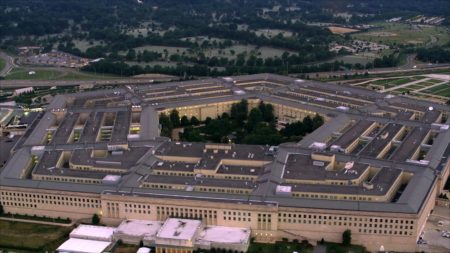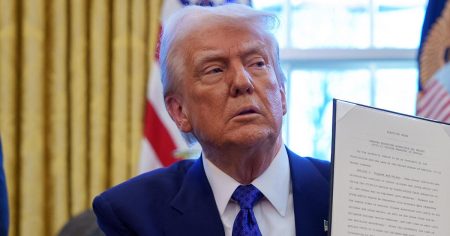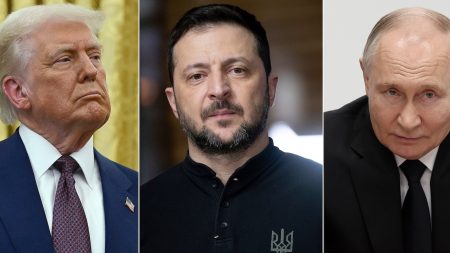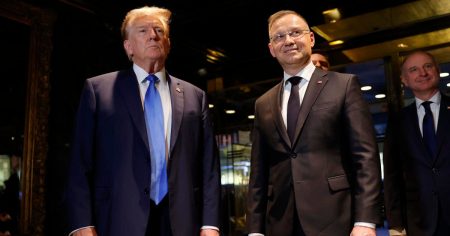A Federal Judge Blocks Trump’s Executive Order on Diversity, Equity, and Inclusion (DEI) Programs
In a significant legal development, a federal judge has intervened to halt the implementation of a controversial executive order issued by President Donald Trump targeting Diversity, Equity, and Inclusion (DEI) programs. This move marks a crucial moment in an ongoing debate over the role of DEI initiatives in federal operations and public policy. The executive order, signed by Trump on his first day in office, aimed to end government support for programs promoting diversity, equity, and inclusion. However, Judge Adam Abelson of Baltimore ruled that the order likely violates free-speech rights and granted an injunction to block the withdrawal of funding while the lawsuit proceeds.
The Executive Order and Its Implications
President Trump’s executive order directed federal agencies to terminate all "equity-related" grants or contracts. Additionally, it required federal contractors to certify that they do not promote DEI principles. The order was met with widespread criticism from civil rights groups, educational institutions, and local governments, who argued that it represented a blatant overreach of presidential authority and an attack on diversity initiatives. The plaintiffs in the case, including the city of Baltimore and higher education groups, filed a lawsuit earlier this month, contending that the executive orders are unconstitutional and have a chilling effect on free speech.
The Legal Challenge: Plaintiffs Argue Against the Executive Orders
The plaintiffs in the case have argued that Trump’s executive orders are not only unconstitutional but also have a detrimental impact on the ability of organizations and businesses to promote diversity, equity, and inclusion. They contend that the orders discourage public entities, organizations, and businesses from openly supporting DEI initiatives, creating a climate of fear and self-censorship. The broader implications of this legal challenge extend beyond the immediate funding issues, touching on fundamental principles of free speech and the role of the federal government in shaping social policies.
The Court’s Decision: Judge Abelson Sides with the Plaintiffs
Judge Adam Abelson, who was nominated by Democratic President Joe Biden, agreed with the plaintiffs that the executive orders discourage businesses, organizations, and public entities from openly supporting diversity, equity, and inclusion. During a hearing, Abelson stated, "The harm arises from the issuance of it as a public, vague, threatening executive order." He ruled that the orders likely violate free-speech rights and granted an injunction to block the funding withdrawal as the lawsuit continues. However, Abelson’s order does allow for the attorney general to investigate and prepare a report on DEI practices, indicating that the issue is far from resolved.
The Broader Implications of the Ruling
The ruling by Judge Abelson has significant implications for the ongoing debate over DEI programs and their role in federal operations. The injunction represents a temporary victory for advocates of diversity and inclusion, who argue that such programs are essential for promoting fairness and equal opportunity. However, the case also highlights the broader tensions between the Trump administration’s policies and the values of diversity and inclusion. The ruling underscores the importance of the judiciary in checking executive overreach and protecting constitutional rights, particularly in cases where free speech and civil rights are at stake.
The Ongoing Debate: The Future of DEI Initiatives
The legal battle over Trump’s executive order on DEI programs is far from over. While the injunction provides a temporary reprieve for diversity initiatives, the broader debate over the role of DEI in federal operations and public policy is likely to continue. Advocates of DEI programs argue that they are essential for promoting equity and addressing systemic inequalities, while critics, including the Trump administration, argue that some programs may violate federal civil rights laws. As the lawsuit progresses, the outcome will have far-reaching implications for the future of DEI initiatives and the balance of power between the executive branch and the judiciary in shaping social policies. The case serves as a reminder of the enduring challenges in promoting diversity, equity, and inclusion in a polarized political environment.

